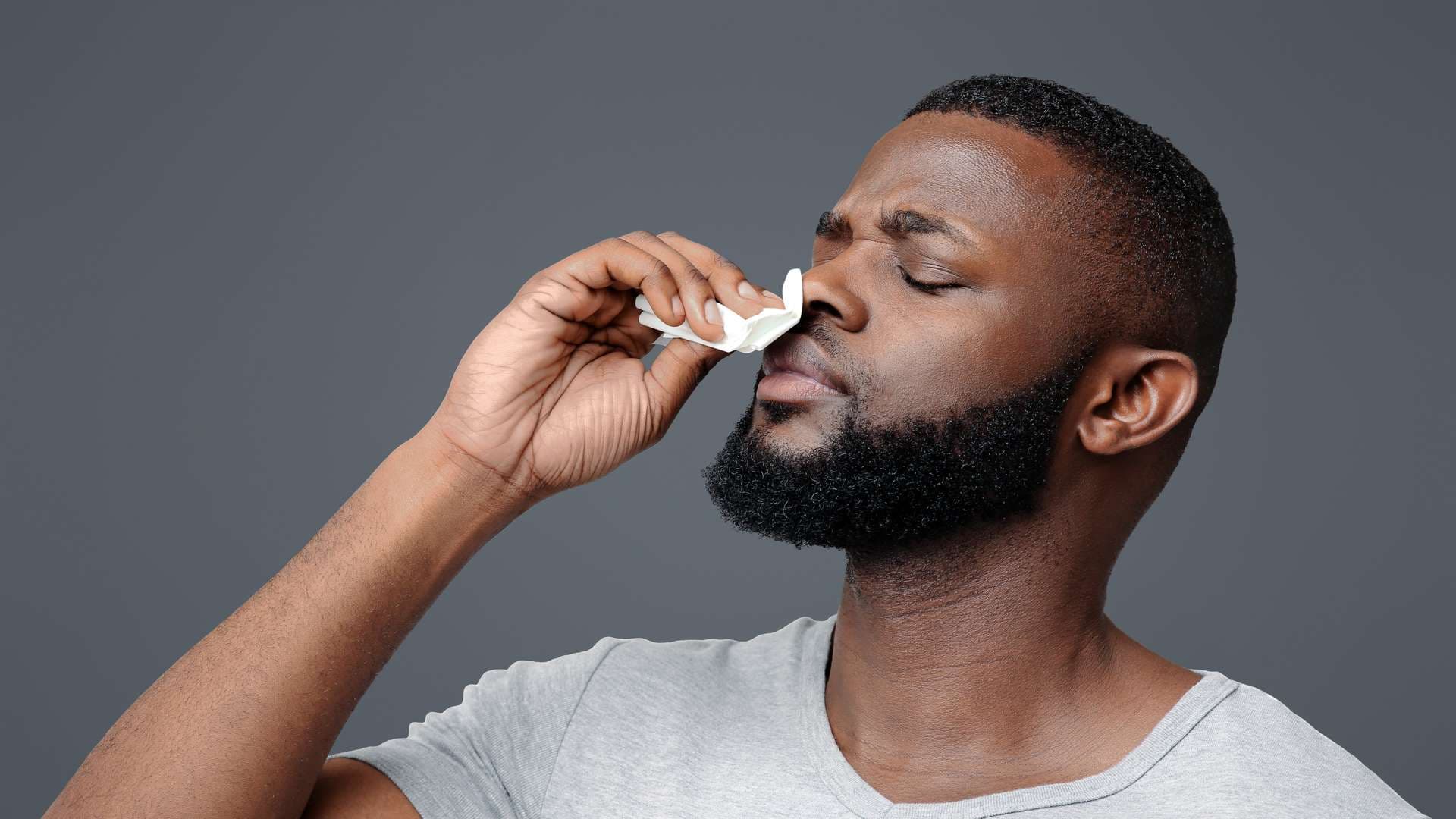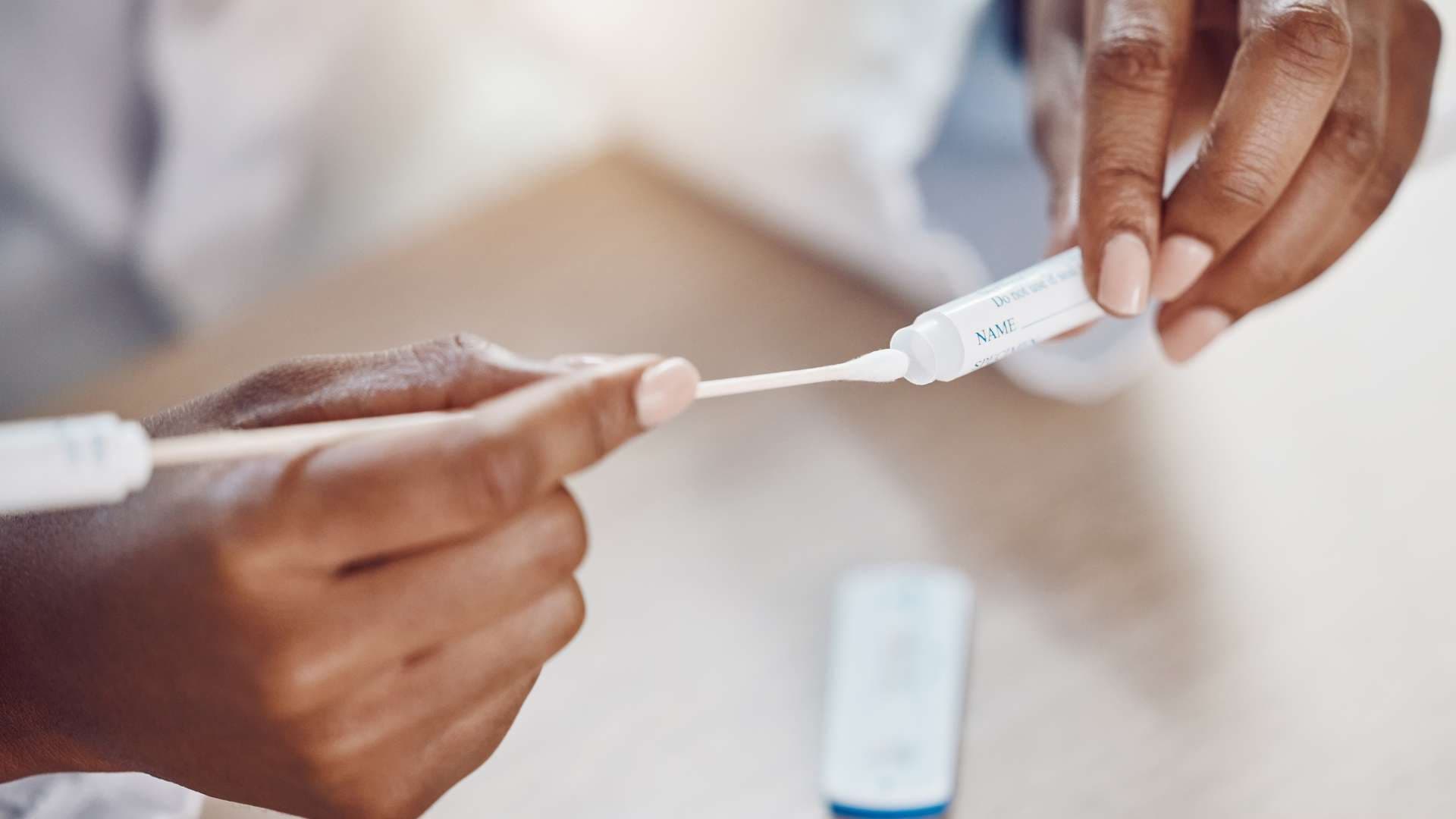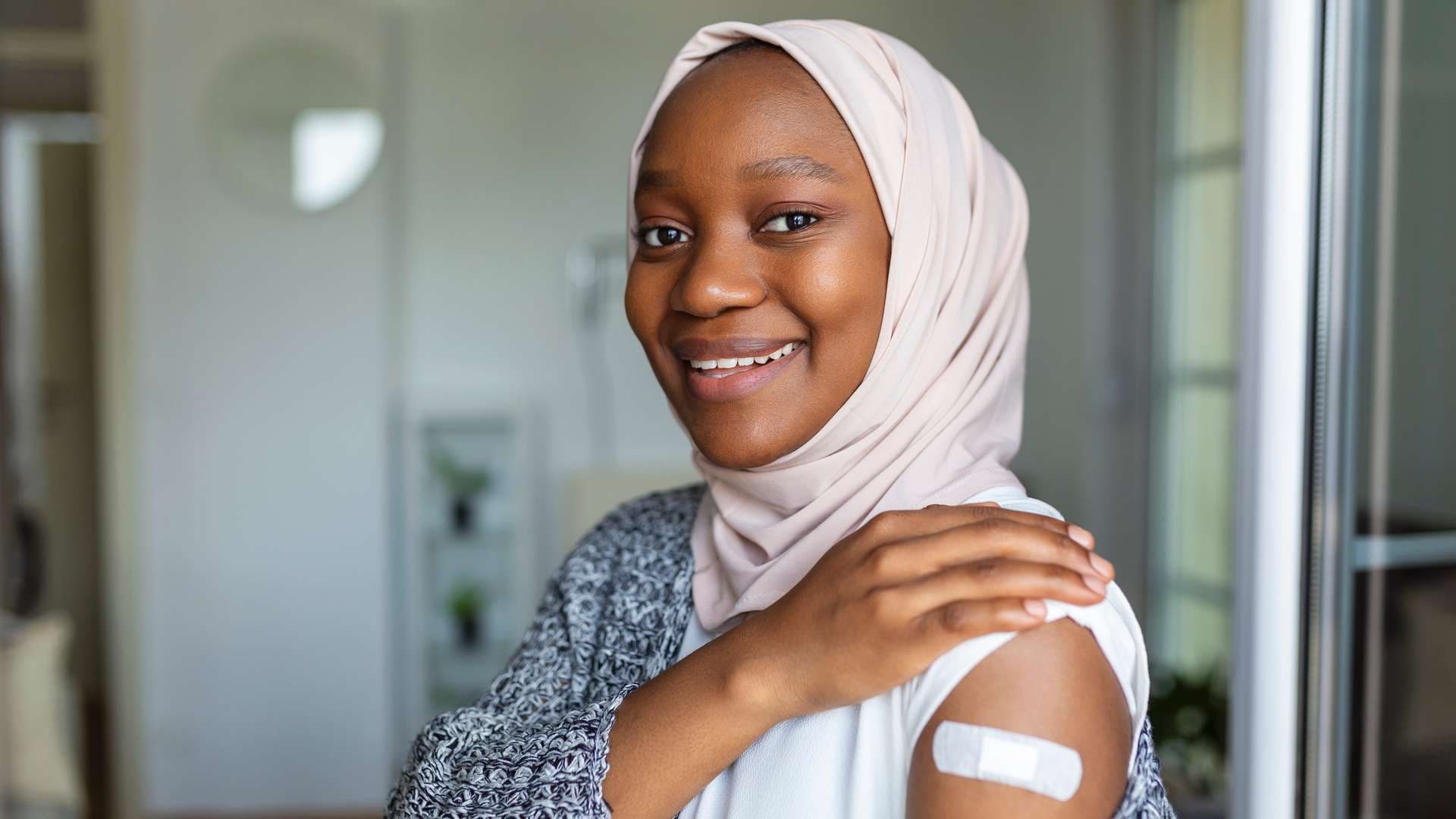Nosebleeds are not usually a sign of anything serious. You can often treat them at home. During a nosebleed, blood flows from one or both nostrils. It can be heavy or light. It can last from a few seconds to 15 minutes or more.
How to stop a nosebleed
- Sit down at a table, lean forward and firmly pinch the soft part of your nose, just above your nostrils, for at least 10 to 15 minutes.
- Lean forward and breathe through your mouth. Spit out any blood that collects in your throat or mouth into a bowl. Do not swallow any blood.
- Place an ice pack or bag of frozen vegetables covered by a towel on your forehead or back of your neck.
- Stay upright or seated, rather than lying down, to reduce the blood pressure in the blood vessels of your nose and help reduce further bleeding.
If the bleeding eventually stops, you won’t usually need to seek medical advice. But in some cases you may need further treatment from your GP or in hospital.
When to get medical advice
- The bleeding continues for longer than 20 minutes
- The bleeding is heavy and you’ve lost a lot of blood
- You’re having difficulty breathing
- You’re feeling weak or dizzy
- You swallow a large amount of blood that makes you vomit
- The nosebleed developed after a serious injury
- You’re taking a blood-thinning medicine (anticoagulant)
- You have a condition that means your blood cannot clot properly
- You have symptoms of anaemia such as heart palpitations, shortness of breath and a pale complexion
- A child under 2 has a nosebleed
- You have nosebleeds that come and go regularly
Causes
There are delicate blood vessels in your nose that can become damaged and bleed quite easily. Common causes of nosebleeds include:
- Picking your nose
- Blowing your nose very hard
- Recently drinking alcohol
- A minor injury to your nose
- Changes in humidity or temperature causing the inside of the nose to become dry and cracked
Occasionally, bleeding can come from the blood vessels deeper within the nose. This can be caused by a blow to the head, recent nasal surgery or hardened arteries (atherosclerosis).
Preventing nosebleeds
Do
- Avoid picking your nose and keep your fingernails short
- Blow your nose as little as possible and only very gently
- Keep your home humidified
- Wear a head guard during activities in which your nose or head could get injured
- Always follow the instructions that come with nasal decongestants – overusing these can cause nosebleeds
Talk to your GP if you often get nosebleeds and aren’t able to prevent them.Adapted from https://www.nhsinform.scot/illnesses-and-conditions/ears-nose-and-throat/nosebleed/





